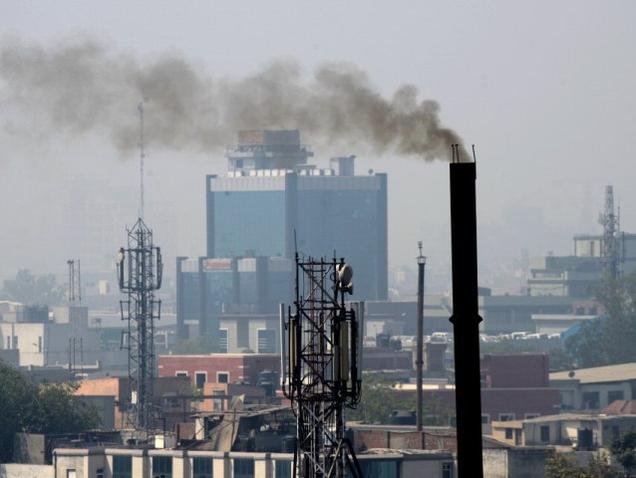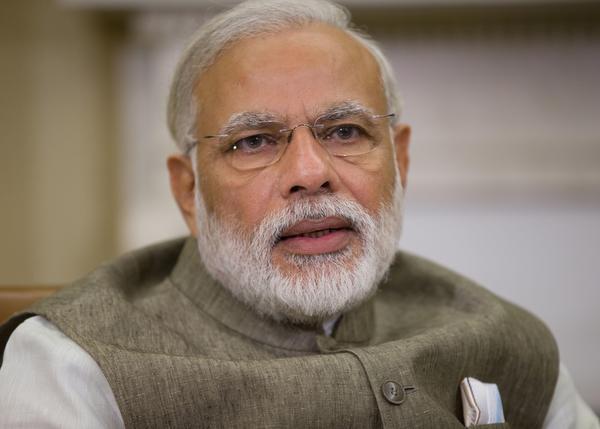

Prime Minister Narendra Modi on Sunday announced that India would ratify the Paris climate deal on October 2, the birth anniversary of Mahatma Gandhi.
Addressing delegates at the BJP’s national council meeting in Kozhikode, Mr. Modi said that, “on Mahatma Gandhi’s birth anniversary, India will ratify the decisions reached at the Conference of Parties (CoP) in Paris.”
He explained that it was appropriate to make the announcement at a party forum because it was of a similar line of preservation of natural resources that had been articulated by Bharatiya Jana Sangh (BJS) president Deen Dayal Upadhyay during the inception of the party.
“The world is today worried about climate change, global warming, natural disasters. Pandit Deen Dayal Upadhayay had understood the need for striking the fine balance between human development and the need to preserve natural resources. He had stressed on the need to be vigilant about the exploitation of natural resources. Human race has only now realised the disastrous impact of our material development on the nature,” Mr Modi said.
Talking about the need to ratify the COP21 decision, Mr. Modi said there is a looming threat due to global warming to many coastal countries and cities.
“The world is now talking about how to stop global warming; to prevent the temperature of the earth to rise by another two degrees. We were guided by Deen Dayal Upadhyay and we know what it could mean for coastal cities and countries… What it could mean for Kerala. We need to play a part. An agreement has been reached in Paris but a final step still needs to be taken – the CoP agreement has to be ratified,” he added.
“This agreement will be ratified only when 55 countries sign it. On October 2, we will ratify it. Mahatma Gandhi’s life perhaps left the least carbon footprint on earth. We follow his ideals and India will play its part in ratifying the Paris agreement,” he said.
The pact will come into force after it is ratified by at least 55 countries that account for 55 per cent of global greenhouse gas emissions. India accounts for around 4.5 per cent of the global greenhouse gas emissions.
The Agreement asks both rich and poor countries to take action to curb the rise in global temperatures that is melting glaciers, raising sea levels and shifting rainfall patterns. It requires governments to present national plans to reduce emissions to limit global temperature rise to well below 2 degrees Celsius or 3.6 degrees Fahrenheit.
[Source:-The Hindu]




